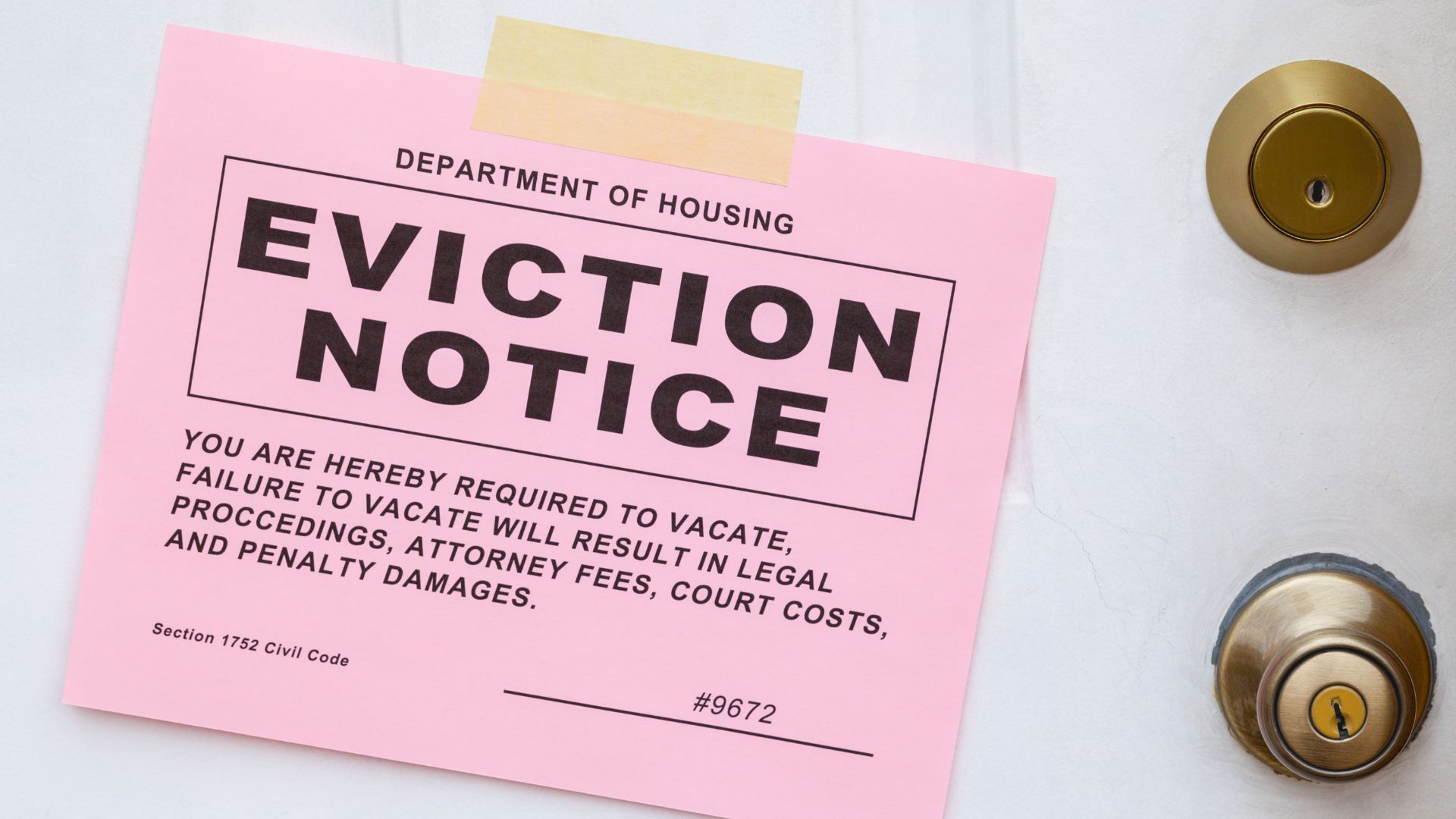
It’s 9:00 AM. You’re at the final walk-through. The closing is scheduled for 2:00 PM. You open the door to the utility closet, and your stomach drops. The seller never repaired the leaking water heater they promised to fix.
The buyer looks at you. You look at the spreading puddle. The seller’s agent isn’t answering their phone.
Is the deal dead? Are your clients going to walk? Not if you know how to deploy one of the most powerful tools in your closing-day kit: the escrow holdback.
What is an Escrow Holdback? (Think: “Closing-Day Insurance”)
An escrow holdback is a simple, brilliant concept. It’s an “insurance policy” for the buyer, funded by the seller’s own money.
Here’s how it works:
- The closing agent (title company or attorney) “holds back” a specific amount of money from the seller’s proceeds.
- This money sits in an escrow account after closing.
- The seller only gets this money after they fulfill their end of the bargain (like, say, proving that water heater has been replaced).
If the seller fails to do the work, the buyer can use that “hostage money” to pay for the repair themselves. It’s the ultimate motivation to ensure promises are kept.
When to Use This “Deal-Saving” Superpower
An escrow holdback isn’t for every little thing, but it’s a lifesaver in specific scenarios.
- The Walk-Through Disaster: This is the classic. You discover a promised repair was missed, done incorrectly, or a new issue has popped up (like a new broken window).
- The Weather Delay: The seller agreed to re-paint the home’s exterior, but a week-long tropical storm made it impossible. You can close on time and hold back the funds for the painter.
- The Supply-Chain Saga: The new roof, windows, or appliances are on backorder and won’t be installed until after the closing date.
- The “What If” Fund: This is less common but useful. You might hold back a small amount for a final water or utility bill that won’t be issued until after closing, or if you’re awaiting a final decision on a potential HOA special assessment.
The Big “BUT”: You Must Talk to the Lender. NOW.
This is the most critical piece of advice for any realtor. If your buyer is getting a mortgage, the lender has the final say.
- Cash Deal? Easy. A cash buyer and seller can agree to anything.
- Financed Deal? It’s a major problem.
Why? Lenders are lending money on a complete, safe, and insurable home. A missing roof, a non-functioning HVAC, or a major plumbing leak means the bank’s collateral is compromised.
You must get the lender’s approval in writing for any escrow holdback.
- For minor repairs, they may approve it with a clear holdback agreement.
- For major issues (like a roof or a “Habitability” item), the lender will likely refuse. They will demand the repair be completed before they fund the loan, period.
The Cleaner Alternative: The Almighty Credit
Before you jump to a holdback, ask this question: “Can we solve this with a credit?”
An escrow holdback is messy. It means the closing agent has to manage a file after closing, and you (the realtor) have to follow up.
Often, a seller’s credit is a much cleaner solution.
- Scenario: The water heater repair costs $1,500.
- The Solution: Instead of a holdback, you simply add a line to the settlement statement giving the buyer a $1,500 credit at closing.
Why this is better: The seller walks away clean. The buyer gets the money upfront and can now hire their own contractor (who they probably trust more anyway). The lender sees this as a simple price reduction, which they almost always approve.
A credit is simpler for 90% of repair issues. A holdback is best reserved for complex issues where you need the seller’s involvement (like closing out an open permit).
The “Holdback Agreement”: Get It in Writing!
If you do move forward with an escrow holdback, a verbal “we’ll just hold back some money” is a recipe for a lawsuit.
You must have a formal Escrow Holdback Agreement drafted by the closing agent or an attorney. This document is your rulebook and must clearly state:
- How Much? Always get a quote. Pro Tip: Hold back 1.5x the cost. If the repair is $2,000, hold back $3,000. This motivates the seller to get it done, because they want their $1,000 “profit” back.
- What’s the Deadline? When, exactly, must the work be completed? (e.g., “within 10 days of closing”).
- Who Holds the Money? The closing agent.
- How is it Released? What constitutes “proof”? Paid invoices? A final inspection by the buyer?
- What If… ? (The Default Clause): What happens if the seller never does the work? The agreement must state that after the deadline, the funds are automatically released to the buyer to hire their own contractor.
Your job as an agent isn’t just to find the house; it’s to solve the problems that pop up on the way to the closing table. An escrow holdback is one of the best tools you have. Knowing when—and how—to use it can turn a closing-day disaster into a simple inconvenience.
Disclaimer: The information and opinions provided are for general educational, informational or entertainment purposes only and should not be construed as legal advice or a substitute for consultation with a qualified attorney. Any information that you read does not create an attorney–client relationship with Barnes Walker, Goethe, Perron & Shea, PLLC, or any of its attorneys. Because laws, regulations, and court interpretations may change over time, the definitions and explanations provided here may not reflect the most current legal standards. The application of law varies depending on your particular facts and jurisdiction. For advice regarding your specific situation, please contact one of our Florida attorneys for personalized guidance.
Visit our legal department pages:
Real Estate Attorneys
Business Attorneys
Litigation Attorneys
Estate Planning Attorneys
Inheritance Attorney
Probate Attorney
Probate & Trusts
Trust • Experience • Results
Ready to Get Started?
Get started with Barnes Walker today.












